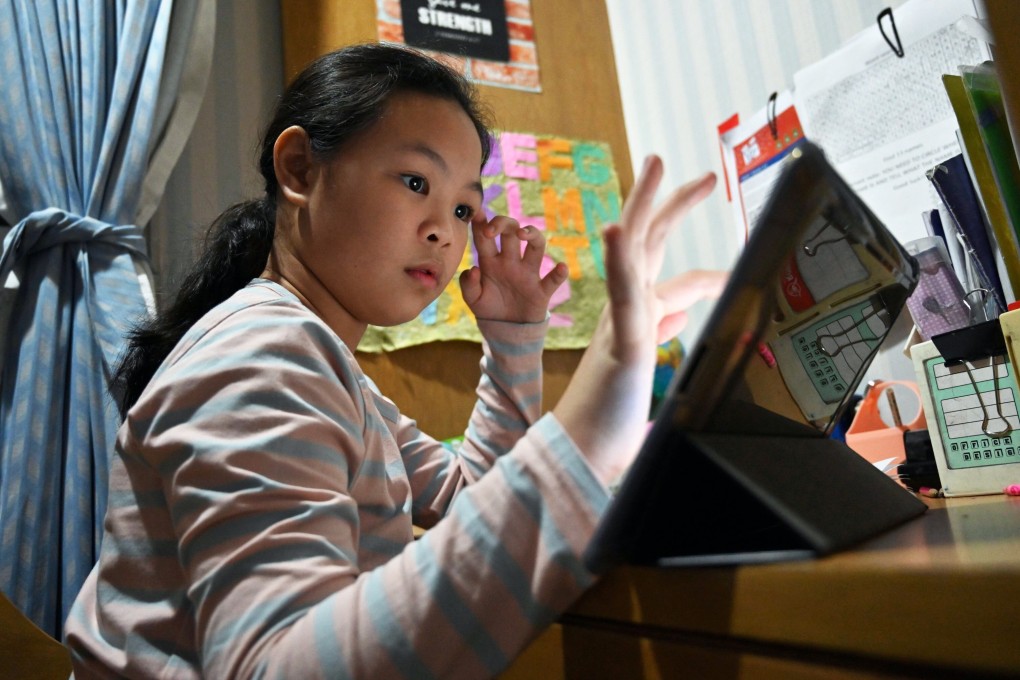EdTalk | Why continued school suspensions will impact less privileged students the most
- Students from lower socioeconomic backgrounds have faced the greatest challenges during school suspension – their needs were unsuited for the overnight switch to remote learning

2020 has been a difficult year for nearly everyone without the surname Bezos. But in the midst of all these challenges, spare a thought for a generation of students facing unprecedented upheaval during their key developmental years. For those from lower socioeconomic backgrounds, the continued school closures in Hong Kong is further preventing them from accessing the opportunities enjoyed by their more privileged peers.
This matches our own experience across the last academic year. From our communication with our partner schools, it has been clear that institutions which cater to less privileged students have faced the greatest challenges from the school suspension period. The needs of the students they support were uniquely unsuited for the overnight switch to remote learning. Students from disadvantaged backgrounds often share cramped flats with multiple family members and were unwilling to turn on the camera or speak on audio for online lessons, even if they had access to digital hardware (which was far from guaranteed).
A lot of students struggled to adapt to the new skills and techniques necessary for remote education, especially those with special educational needs. Schools which cater to the 25,000 cross-boundary students who travel from Shenzhen every day suddenly needed to find online learning platforms accessible in mainland China. Anecdotally, a few of our partner schools even reported that they were barely able to contact some students at all across the whole of the closure period.